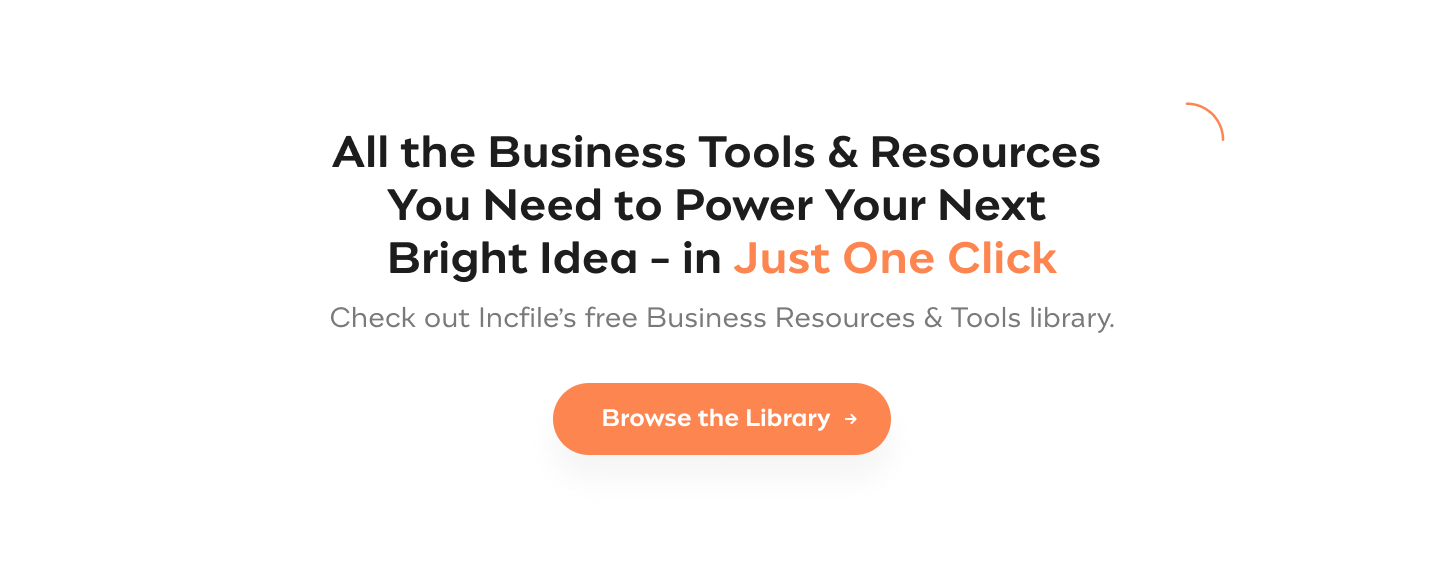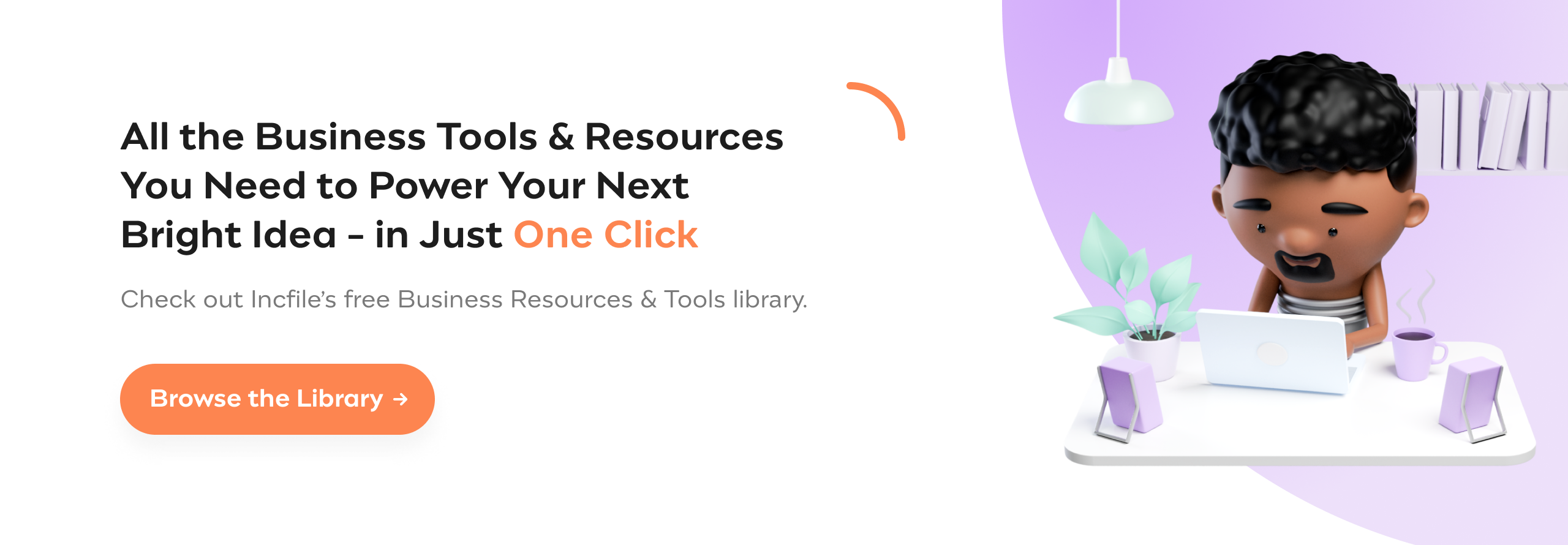Just about every entrepreneur has heard the saying, "You need to spend money to make money." Granted, that doesn't mean you need to spend more than you can afford, but it does mean you might need to invest in your business to ensure its success.
But what if you don't have the cash required to do so? 47% of small business owners cite money as a small business barrier to startup and growth and report wanting access to more funding opportunities and grants. Small business loans might be the answer you're looking for. There are several types to choose from, so we've rounded up all the major options so you can pick a small business loan that works for you.

Compare Small Business Loans for 2023
If you've decided a loan is the right funding option for you, choosing which type to go with can be difficult. For the best results, you'll need to compare each loan type's requirements, pros, and cons.
From traditional loans via national banks to alternative loans, you can get approved in just a couple of days or less. Everything you need to know is right here.
How to Get a Small Business Loan
Now that you know your business loan options for 2023, how can you go about actually getting one?
In most cases, the process can be boiled down to five essential steps:
- Calculate your needs.
- Locate your funding source.
- Review and compare your options.
- Get qualified for your chosen loan.
- Prepare the necessary documents.
How to Decide Which Small Business Loan Is Right for You
Still not sure which type of small business loan to pursue? This might help you narrow down your choices.
A bank or SBA loan could be a good fit for you if:
- You have a great credit score (high 600s or more).
- Your business has been up and running for about one year or more.
- You have strong and well-documented revenue.
- You don't need your funds in less than a month's time.
- You need a loan with a low interest rate.
- You need a loan of about $100,000 or more.
An online term loan or business line of credit could be the best option for you if:
- You have a minimum credit score of 500 to 600.
- You've been in business for at least six months to a year.
- You need funds in about two days' time.
- You're willing to pay a higher interest rate.
- You need a loan of about $20,000 to $80,000.
A startup loan might be best for you if:
- You have a credit score of 600 or higher.
- You're looking for a loan with low business age requirements.
- You can offset your business' young age with either cash, collateral, or an exceptional credit score.
- You're prepared to pay an interest rate of anywhere from 5% to 30%.
- You need a loan of $20,000 to $80,000.
Equipment financing might be right for you if:
- You have a credit score of at least 550 to 600.
- You need up to 100% of your equipment expenses covered.
- You've been in business for at least one year.
- You need to own your equipment outright.
- You can pay an interest rate ranging from 2% to 30%.
Finally, a merchant cash advance or invoice financing could be your best bet if:
- You have a credit score of 500 or more.
- Your business has been around for a few months or longer.
- You receive most of your money from customers via invoices (if applying for invoice financing) or credit card payments (if applying for a merchant cash advance).
- You need a lump sum of cash ASAP.
- You're prepared to pay an interest rate of 10% to 80% (for invoice financing) or 40% to 350% (for merchant cash advances).
- You need a loan alternative with requirements that are as flexible as possible.
Ultimately, there's no such thing as a one-size-fits-all small business loan. But by carefully evaluating your needs and each potential lender's requirements, you can find one that works for your timeline, budget, and business style alike.

